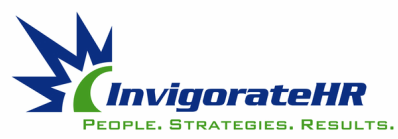|
In the modern workplace, the traditional 9-to-5 model is rapidly becoming a relic of the past. Flexible schedules have emerged as a transformative approach that benefits both employees and employers, reshaping how we conceptualize work and productivity. The Human Side of Flexibility For employees, flexible scheduling represents far more than a convenient option—it's a lifeline to balanced living. Imagine a working parent who can adjust their hours to attend a child's school event, or a creative professional who discovers their most productive hours are outside the traditional workday. This approach acknowledges that people are not machines, but complex individuals with unique rhythms and responsibilities. The psychological impact is profound. When employees feel trusted to manage their own time, they experience increased job satisfaction and reduced stress. This trust translates directly into motivation, with workers more likely to go above and beyond when their employer respects their individual needs. Companies that embrace flexibility often see a remarkable transformation in workplace culture—from a rigid, clock-watching environment to a dynamic, results-oriented ecosystem. A Strategic Advantage for Employers From an organizational perspective, flexible schedules are not just a humanitarian gesture—they're a strategic imperative. Companies that offer flexible working arrangements gain a significant competitive advantage in talent acquisition and retention. In an era where top professionals have multiple career options, the ability to provide work-life integration becomes a powerful recruitment tool. Productivity sees a counterintuitive boost. Contrary to traditional management fears, employees with flexible schedules often work more efficiently. Without the constraints of fixed hours, workers can align their most challenging tasks with their peak performance times. The result is higher-quality output, increased creativity, and a more engaged workforce. Navigating the Challenges
Implementing flexible schedules isn't without challenges. It requires robust communication protocols, clear performance metrics, and technology that supports remote collaboration. Organizations must shift from measuring time to measuring outcomes, a fundamental but necessary cultural transformation. The Broader Impact This isn't just a workplace trend—it's a societal shift. Flexible scheduling supports diversity by creating opportunities for individuals with varied life circumstances. It enables people with caregiving responsibilities, those with disabilities, and professionals in different life stages to fully participate in the workforce. The future of work is flexible, human-centric, and driven by trust and results. As technology continues to evolve and workforce expectations change, organizations that embrace this approach will not just survive—they will thrive. Comments are closed.
|
Archives
December 2024
|


 RSS Feed
RSS Feed